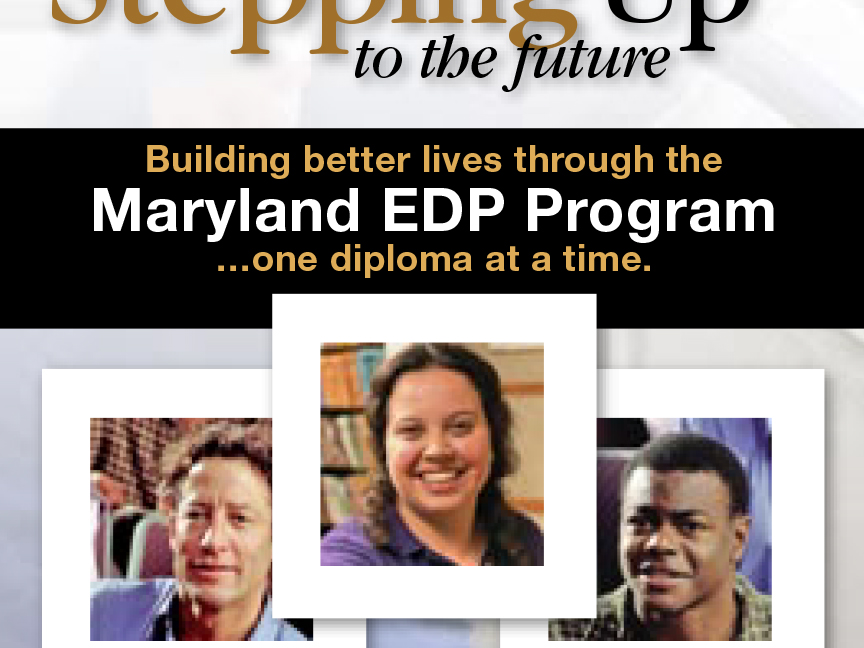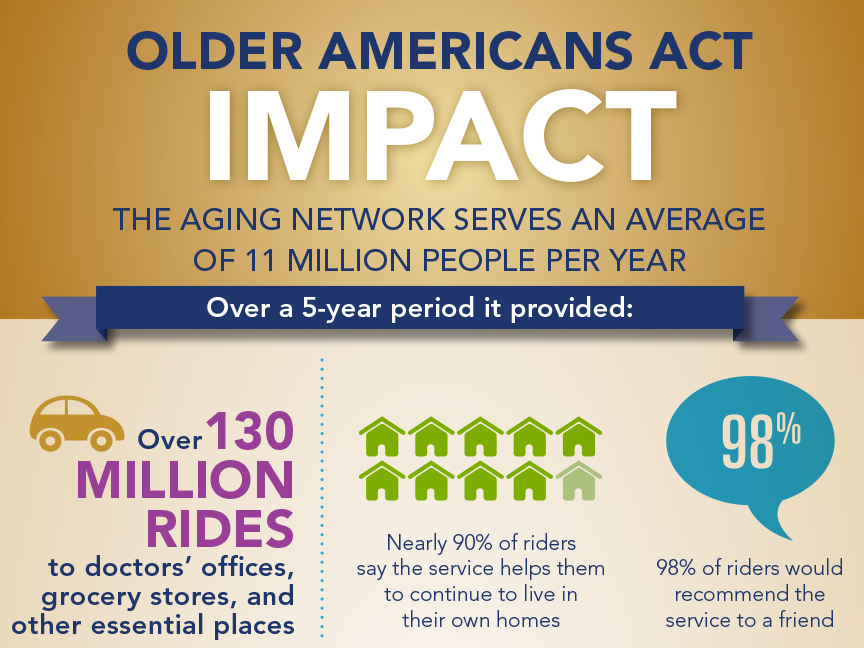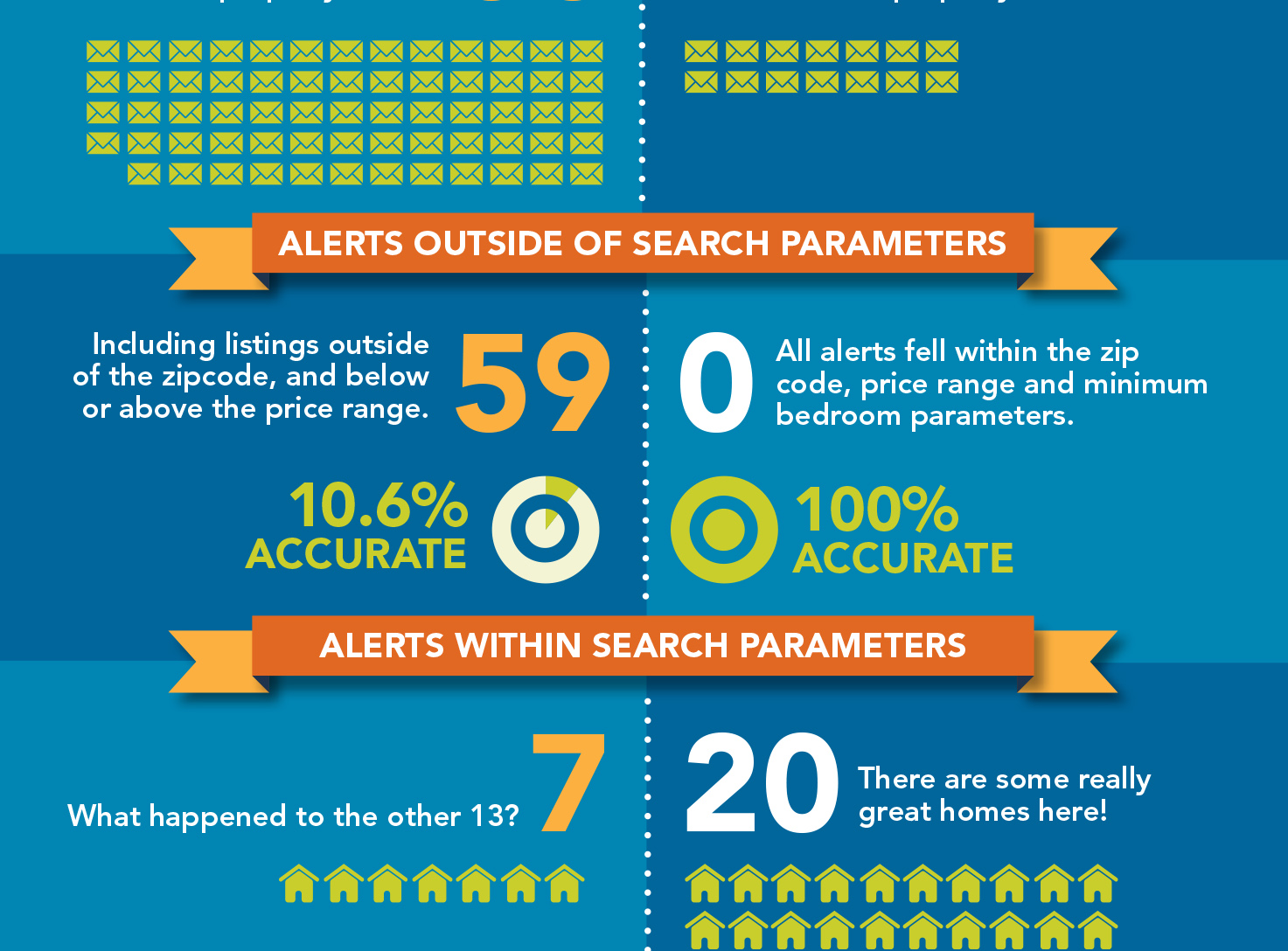Research-Based Methodologies
Research comes in many forms and supports the creative process at several stages of development. Understanding target audiences, evaluating messaging, planning outreach, and reviewing execution analytics are key to campaign success. Because data is always changing, effective methods of accessing and interpreting information play an important part of every project we undertake.
Qualitative data from trusted media sources helped define Spanish-speaking Hispanic professionals in the Montgomery County area who were interested in career development.
Focus group testing revealed that parents—and not teens—should be the target of all communications when it comes to finding a safer way for getting teenaged students to school.
Target audience profiles developed from national surveys revealed that low-income Hispanic seniors are more inclined to apply for healthcare assistance when they are encouraged by family members.
Product testing Indicated that the most popular media campaign was not effective in getting high school dropouts to enroll into a GED or EDP program.
Government reports provided valuable insight on what supports and services older Americans were accessing to stay independent longer.
Quantitative Research identified the accuracy differences between Doyle-generated search tool alerts for our real estate clients compared to many of the supersite options.
Doyle Communications employs multiple evaluation methods at key stages of outreach planning, execution, and post-dissemination. We access and evaluate relevant data from trusted sources prior to messaging and product development. We develop concept boards, questionnaires and product prototypes for review of creative material by intended target audiences. We prepare A/B methods of comparison for landing pages and electronic outreach messaging. We collect and interpret analytics of digital material and prepare tracking platforms for all forms of implemented calls to action.







